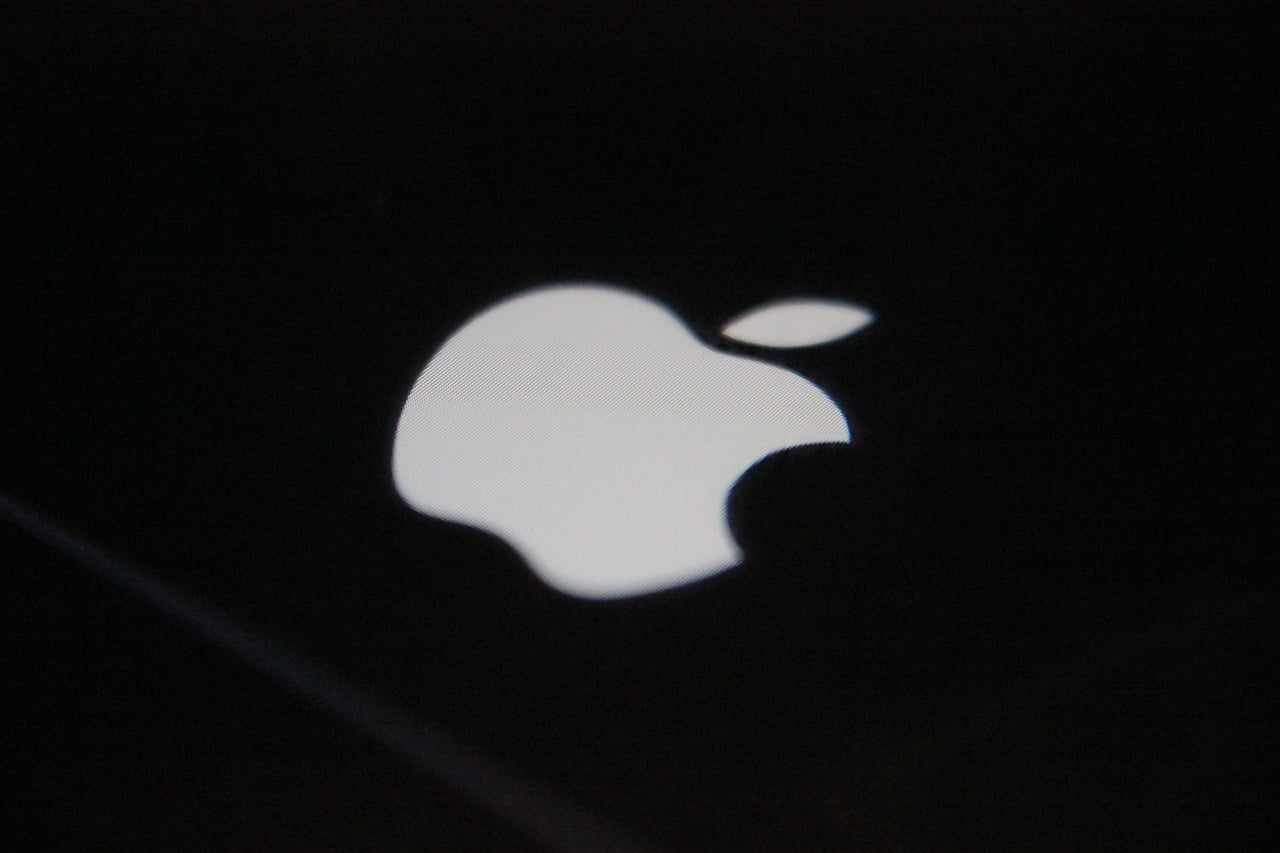Apple – on Thursday – lost its $1 trillion valuation for a short time after its shares dropped 7% following a weak outlook. Despite the drop and weak outlook, Apple’s stock is the top choice of most investors and analysts. And, if past returns are anything to go by, investors can still expect handsome returns from this 40-year-old company.
Apple’s stock – then and now
Talking of the past performance, those who invested in Apple in its early days would have made a fortune by now provided they were not tempted to sell their stock somewhere in between. According to the calculations by CNBC, $1000 invested in Apple’s IPO in December 1980, would be worth over $500,000 now. The calculations include price appreciation and dividends.
Apple was founded in 1976 by Steve Jobs, Steve Wozniak and Ronald Wayne, with Wayne leaving the company just weeks later. Apple’s first customer was The Byte Shop, a Bay Area computer store, which ordered 50 Apple I computers. Jobs took a $15,000 loan to complete the contract. In June of the next year, Apple released the Apple II.
Apple went public in December 1980 offering 4.6 million shares at $22 each. The IPO was well received, and the stock closed 30% higher on the opening day. Currently, Apple’s stock is trading around $210.
Another interesting fact about the IPO was it created over 300 millionaires in a single day. According to EDN, the IPO created “more millionaires than any company in history had produced.” Many of those millionaires were Apple employees, including Jobs who made more than $200 million.
A trillion dollar company now
Fast forward to 2018, Apple in August became the first public U.S. company to hit a $1 trillion market cap. Apple’s journey, however, hasn’t been smooth. It was on the verge of bankruptcy in 1997, but somehow, Jobs managed to steer the company from those days along with revolutionizing the technology market with products like the iPod and iPhone.
Apple now has $237.1 billion in cash on hand. In the last quarter, the company reported $243.7 billion cash in hand. Apple’s cash holding has always lead to M&A speculations. Though the company keeps on buying smaller companies from time to time, it lately spent its cash on content creation, emerging markets and creating jobs in the U.S.
Earlier this year, Apple even said that it would contribute $350 billion to the U.S. over the next five years. Apple’s contribution will partly be in the form of taxes on the cash that it plans to bring back from overseas. Apple also committed to creating 20,000 new jobs in the U.S., and a new campus as well.
What to expect now?
Apple, on Thursday, reported that its revenue jumped by 20% to $62.9 billion year-on-year, while profits rose by 31% to $14.1 billion. The increase in revenue despite relatively flat sales can be attributed to Apple’s strategy of charging more for its phone.
However, Apple’s stock dropped after the company revealed that it would no longer reveal the number of units sold. Investors took this as a possible hint of weaker sales in the coming months. Apple, on the other hand, defended its decision, saying the numbers are now not a good indicator of Apple’s financial position.
“I can reassure that it is our objective to grow unit sales for every product category that we have,” Apple’s CFO Luca Maestri said during the earnings call. “A unit of sale is less relevant today than it was in the past.”
Apple also provided a disappointing forecast for the holiday quarter. For the quarter ending 31 December, the company expects sales of $89 billion to $93 billion. Wall Street is expecting sales of $93 billion. In the same quarter last year, Apple posted sales of $88.3 billion.
Defending the not so encouraging forecast, CEO Tim Cook said the company is facing “macroeconomic weakness in some of the emerging markets” like Turkey, India, Brazil and Russia. Cook also partly blamed currency fluctuation.
Further, Maestri added that Apple is facing some supply uncertainty for its latest products. Apple depends on China for its production needs, but the ongoing trade war between the U.S. and China has led to some uncertainty over Apple’s performance. Though so far Apple products have been spared from tariffs, if the tension escalates, Apple products could get dragged in.
Cook, however, is optimistic that the nations will resolve the disputes soon.





